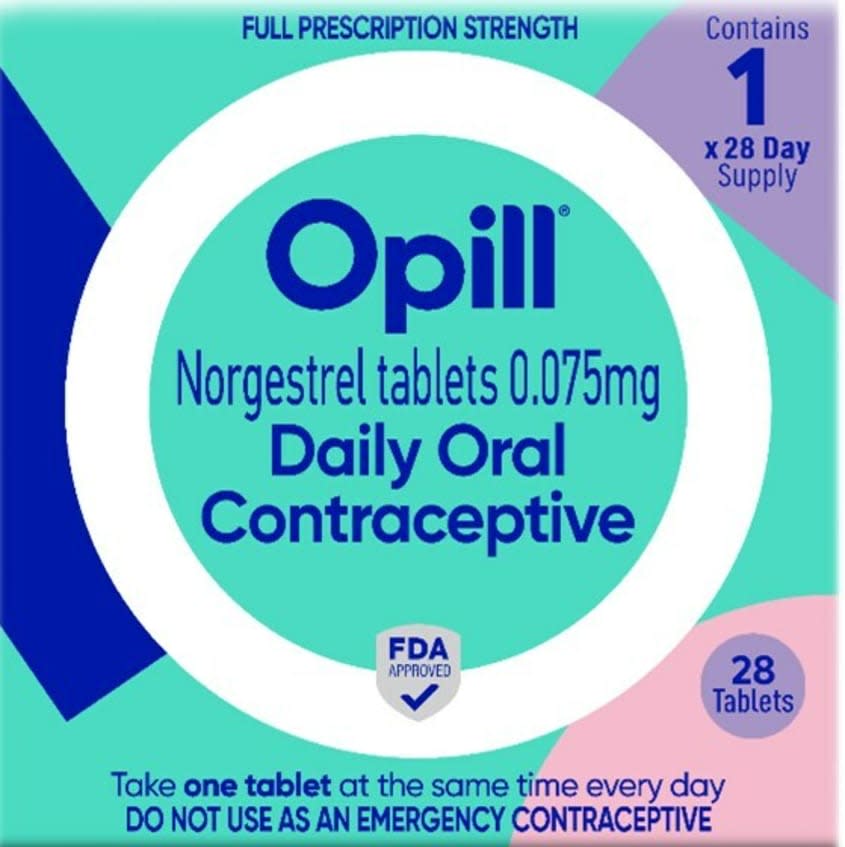FDA OKs first over-the-counter oral birth control tablet

The U.S. Food and Drug Administration on Thursday announced it had approved norgestrel tablets for over-the-counter sales, making the medication the first instance of a non-prescription oral birth control pill to be okayed by the government in the nation's history. "Approval of this progestin-only oral contraceptive pill provides an option for consumers to purchase oral contraceptive medicine without a prescription at drug stores, convenience stores and grocery stores, as well as online," the FDA said in a press release.
The medicine, known as "Opill," is expected to be available in early 2024, its Dublin-based manufacturer, Perrigo Company, told the New York Times. While no price for the medication has been announced, Frederique Welgryn, the company's Global Vice President for Women's Health, said in a statement accompanying the FDA's announcement that Perrigo is committed to making Opill "accessible and affordable to women and people of all ages."
Norgestrel was initially approved for prescription use by the FDA 50 years ago, with Perrigo Company launching its push to make the medication available without a prescription in 2015, according to an administration memo authored by Dr. Karen Murry, Deputy Director of the FDA's Office of Nonprescription Drugs.
"Increasingly, women in some parts of the U.S. have few options once an unintended pregnancy occurs," Murry noted, in direct reference to the ongoing push by conservative legislators and activists to limit reproductive health options for women seeking to end their pregnancies. "Thus, giving women greater ability to prevent a pregnancy, rather than to face wrenching personal choices after an unintended pregnancy occurs, has the potential for individual and societal benefit."
Opill's approval comes just months after an independent panel of 17 agency advisors voted unanimously that the medication's over-the-counter benefits outweighed any potential risks, including to those users who have had breast cancer, or are on other hormone-based contraceptives at the time.
According to the FDA, "almost half of the 6.1 million pregnancies in the U.S. each year are unintended," which has been linked to "negative maternal and perinatal outcomes." A 2016 study published in the Journal of Women's Health found that nearly one-third of all women who have tried to get a prescription or refill of their hormonal contraceptives had encountered difficulties doing so.
Use of Opill according to its directions is not only safe, explained Dr. Patrizia Cavazzoni, director of the FDA's Center for Drug Evaluation and Research, but it is also "expected to be more effective than currently available nonprescription contraceptive methods in preventing unintended pregnancy."
You may also like
Florida construction and agricultural workforces diminished after new immigration law takes effect
Judge limits how Biden officials can communicate with social media companies
How solar and wind energy are saving Texans from a record heatwave

